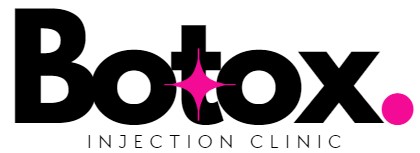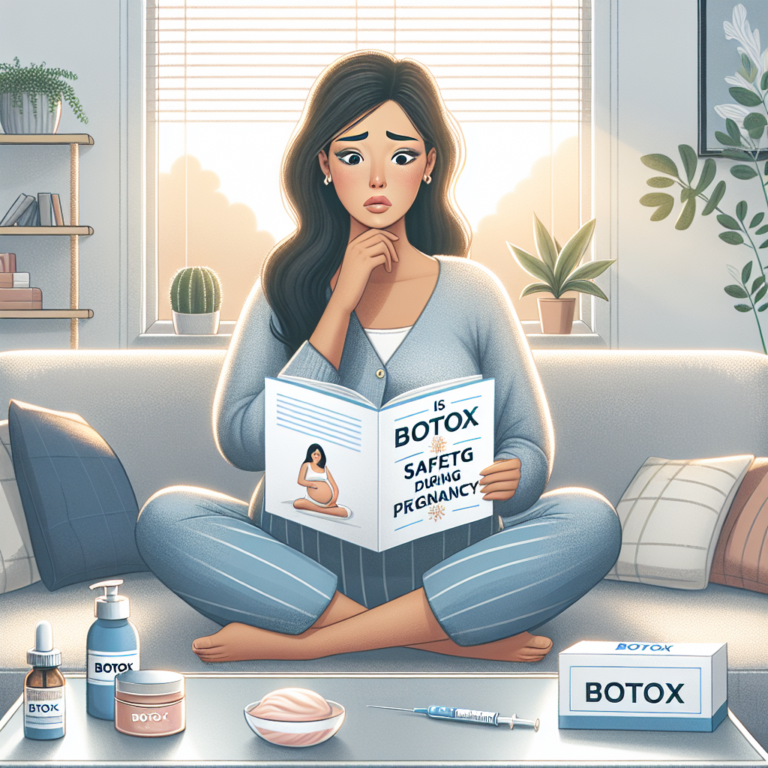Pregnancy brings about a plethora of changes—physically, emotionally, and hormonally. Many women find themselves grappling not only with the realities of impending motherhood but also with beauty routines that may have to adapt to their new conditions. One cosmetic treatment that often raises questions among expectant mothers is Botox. If you’re in your first trimester, you might be wondering: Is Botox safe during pregnancy?
Understanding Botox
Botox, short for botulinum toxin, is a neurotoxic protein derived from the bacterium Clostridium botulinum. It’s commonly used in cosmetic procedures to reduce wrinkles and fine lines by temporarily paralyzing specific muscles, thereby smoothing the skin’s appearance. Beyond aesthetics, Botox has therapeutic uses, including treating migraines, excessive sweating, and certain muscular disorders.
The Risks of Botox in Pregnancy
Despite its popularity, Botox is not without its controversies, particularly regarding its safety for pregnant women. While there’s limited research directly linking Botox to adverse effects during pregnancy, most medical professionals advise caution.
-
Lack of Comprehensive Studies: The safety of Botox in pregnant women has not been thoroughly studied. Most research focuses on its use in non-pregnant women, and ethical considerations prevent extensive testing on pregnant subjects. As a result, there’s not enough robust evidence to conclusively determine its safety.
-
Potential Risks: The primary concern revolves around the possibility of the botulinum toxin entering the bloodstream. Although this is rare, it could theoretically pose risks to a developing fetus. Additionally, pregnancy hormones and physiological changes can affect how the body processes medications and toxins, which adds another layer of uncertainty.
-
Possible Side Effects: Pregnancy is often marked by heightened sensitivity to medications and treatments. The side effects of Botox—such as bruising, swelling, and headaches—might be more pronounced in pregnant women and could complicate the pregnancy experience.
- Clear Recommendations from Medical Associations: Many dermatologists and obstetricians suggest avoiding Botox during pregnancy as a precautionary measure. The American College of Obstetricians and Gynecologists has positioned Botox in the category of treatments to be avoided while pregnant, advocating for non-invasive beauty solutions instead.
Alternatives to Botox During Pregnancy
If you’re in your first trimester and concerned about your appearance, there are plenty of safe alternatives to Botox that can help you maintain your beauty regimen. Consider the following options:
-
Skincare Routine: Focus on a gentle, hydrating skincare routine that emphasizes natural ingredients. Look for products with ingredients like hyaluronic acid, vitamin C, and peptides that can help maintain skin elasticity without the need for injectables.
-
Facials and Massages: Pregnancy-safe facials and massages can be a great way to indulge in self-care. They not only improve skin health but also promote relaxation, which is beneficial for both mother and baby.
-
Makeup Techniques: Opt for makeup techniques that create a youthful glow, such as using highlighters or dewy foundations, which can impart a fresh look without the need for Botox.
- Nutrition and Hydration: A healthy diet rich in antioxidants, vitamins, and minerals can improve your skin’s appearance. Staying hydrated is crucial for maintaining skin elasticity and overall health.
Conclusion
While the desire to look one’s best is completely understandable, the health and safety of both mother and baby should always come first. Given the lack of research surrounding the use of Botox in pregnancy and the recommendations from medical professionals, it’s wise to avoid it during this sensitive time. Embracing a natural beauty routine and exploring safe alternatives can provide the glow you desire as you navigate your beautiful journey into motherhood. Always consult with a healthcare provider before making any decisions about beauty treatments during pregnancy to ensure both your wellbeing and that of your baby.


